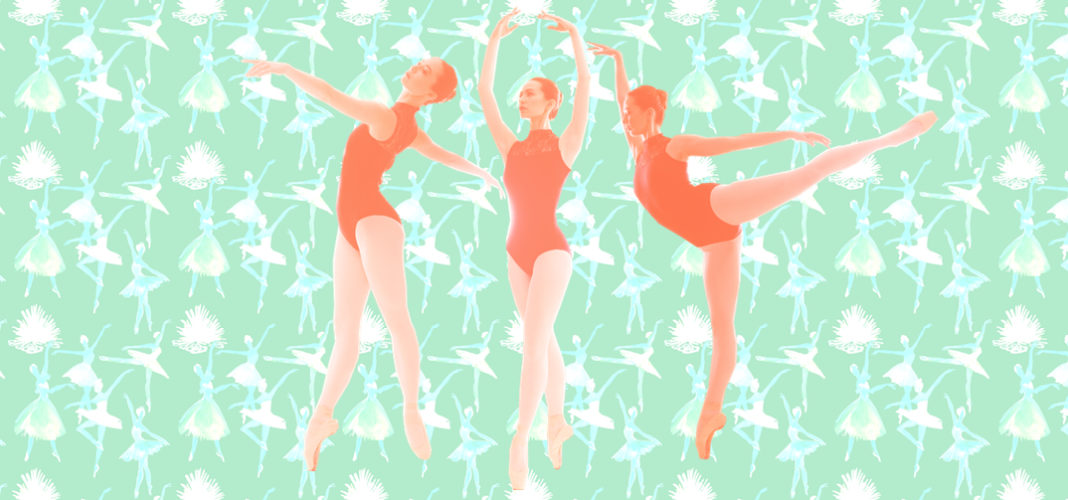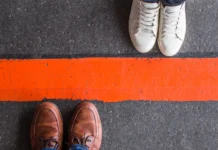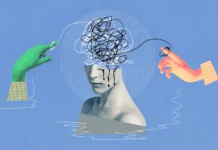We hear ad nauseam that practice makes perfect. And yet… Consider typing. You spend at least an hour or two typing each day. That’s 730 hours of “practice” in the last year alone. Has your typing significantly improved? Probably not.
This is because of how we learn. When acquiring a new skill, as soon as we become good enough, we turn on our inner autopilot. It’s what journalist Jonathan Foer calls the “OK plateau.” Unlike the beginning stage of learning something new, which requires a great deal of attention and conscious control, the “OK plateau” is automatic. It is coasting—the equivalent of senioritis when students don’t care about their grades because they have already been accepted into college. All they have to do to is show up.
Contrary to the 10,000-hour rule popularized by Malcolm Gladwell, if you are on the “OK plateau,” no matter how many hours you spend doing something, like typing, you won’t get better.
So how does one move the needle and push past autopilot? To answer this question, Foer studied what experts do-
1. Step Outside the Comfort Zone:
Avoid practicing what you already know how to do. True experts push past the “OK plateau” by constantly challenging themselves. As Angela Duckworth, professor of psychology and leading researcher in grit and self-control says:
“They work on weaknesses, not strengths. They’re comfortable being uncomfortable. They’re falling down a lot. They’re playing things that are too hard. They’re attempting challenges that are too high. They’re getting feedback.”
Studies show that the best figure skaters spend more time working on challenging jumps they don’t always land, versus less accomplished figure skaters who spend their time practicing jumps they do well. The best spelling bee champions spend their time learning new words instead of reviewing the words they already know.”
2. Learn from the Best:
Spend time learning about greatness from masters who excel in their field. In chess, the amount of time spent studying the games of grand masters is a better predictor of skill than sheer number of hours played. In other words, master the masters.
3. Analyze This:
In addition to working harder, work smarter. Experts use science and technology to enhance training. Consider the New Yorker article on performance improving strategies. Gold medal-winning cyclist Chris Hoy employed an army of scientists, nutritionists and engineers who wired his body with biofeedback sensors to perfect his performance. Hoy, like super stars in other fields, formulates theories, test new strategies, collects data and pays meticulous attention to details. Most importantly, he and his team learn from their failures and see it as a necessary part of the learning process.
As the article concludes:
“High performance isn’t, ultimately, about running faster, throwing harder, or leaping farther. It’s about something much simpler: getting better at getting better.”
I wish you all the best,
Dr. Samantha Boardman






